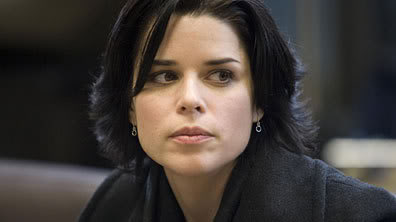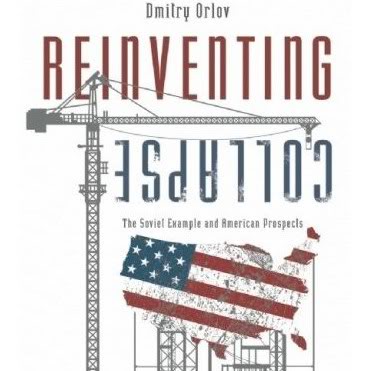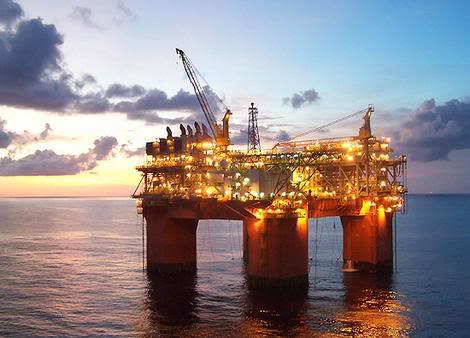
by Shaun Chamberlin | Jul 27, 2008 | All Posts, Climate Change, Cultural stories, Peak Oil, Politics, Reviews and recommendations
I have just watched the BBC’s outstanding thriller Burn Up, starring Rupert Penry-Jones, Marc Warren, Bradley Whitford and Neve Campbell (trailer available here). It is a dramatic account of the intrigue, betrayal, sex and violence surrounding characters in the...

by Shaun Chamberlin | Jun 29, 2008 | All Posts, Climate Change, Cultural stories, Favourite posts, Peak Oil, Philosophy, Reviews and recommendations, TEQs (Tradable Energy Quotas), Transition Movement
As George Carlin once said, “they call it the American dream because you have to be asleep to believe in it”. At the risk of this blog becoming ‘review corner’, that seems the perfect introduction to the book I just finished reading — Dmitry...

by Shaun Chamberlin | Jun 14, 2008 | All Posts, Climate Change, Favourite posts, Peak Oil, The Transition Timeline, Transition Movement
Lately I seem to be encountering many climate change activists who have a blind spot when it comes to peak oil. At present, Friends of the Earth appear to be particularly prone to this. They assert that climate change is overwhelmingly urgent (no arguments from me...

by Shaun Chamberlin | Jun 9, 2008 | All Posts, Favourite posts, Peak Oil
The old standby argument of the so-called ‘peak oil sceptics’ was that if we really were facing geological limits to oil extraction rates then prices would be rising rapidly. Since prices were relatively stable there was clearly no impending problem. And...

by Shaun Chamberlin | Jun 8, 2008 | All Posts, Climate Change, Cultural stories, Favourite posts, Peak Oil, Politics, TEQs (Tradable Energy Quotas)
In the climate policy community there is a growing debate between advocates of ‘upstream’ and ‘downstream’ carbon caps (dams?). The terms draw an analogy between the flow of water in a stream and the flow of energy through an economy....







Recent Comments